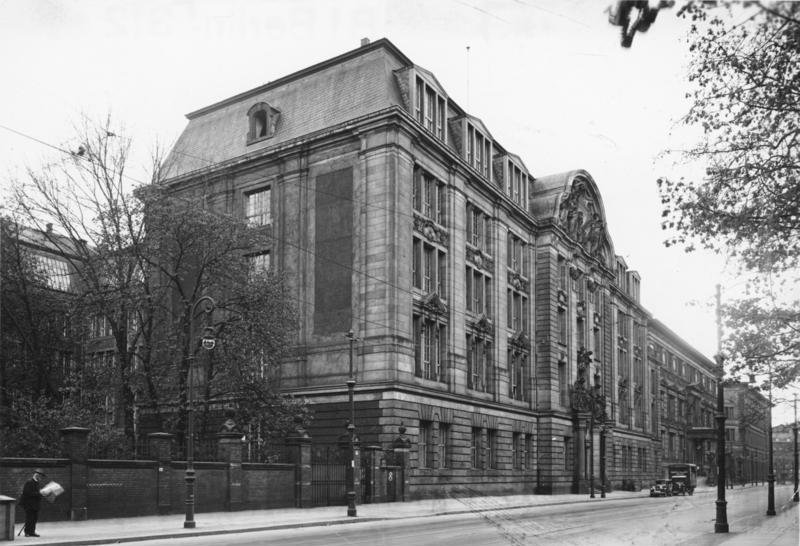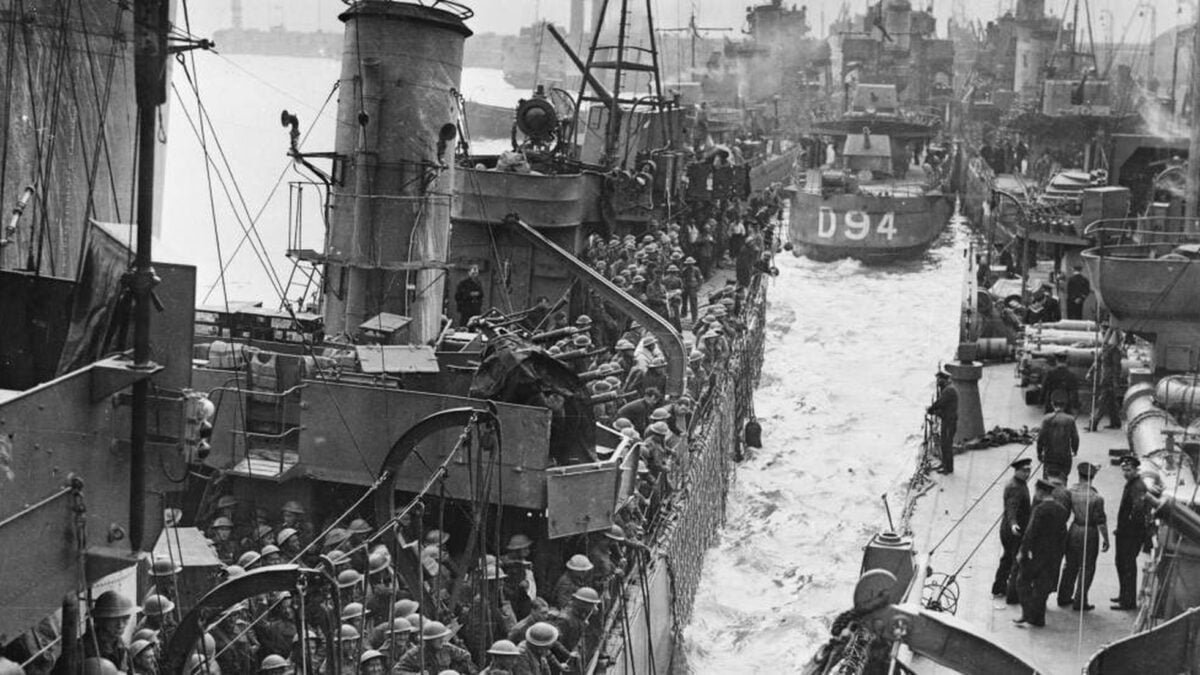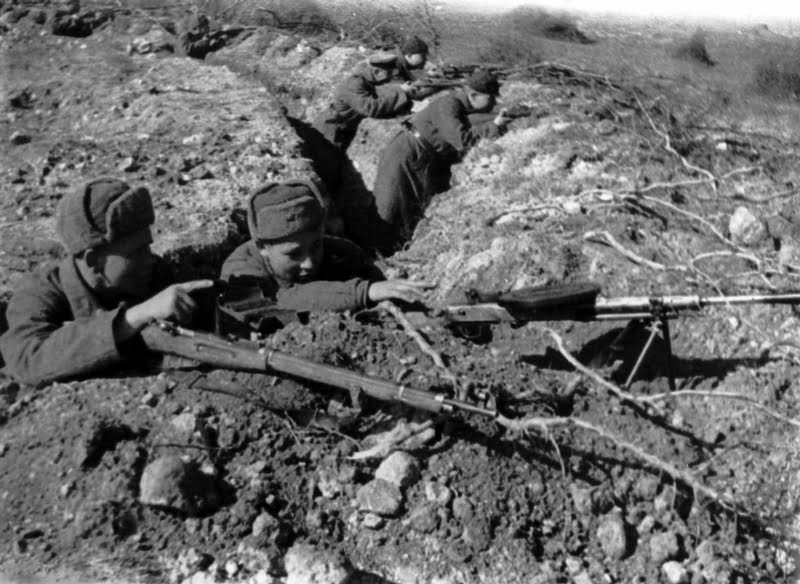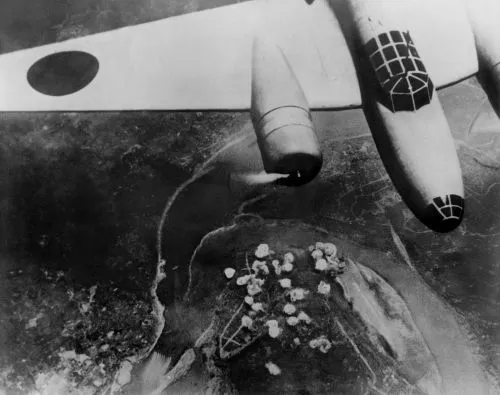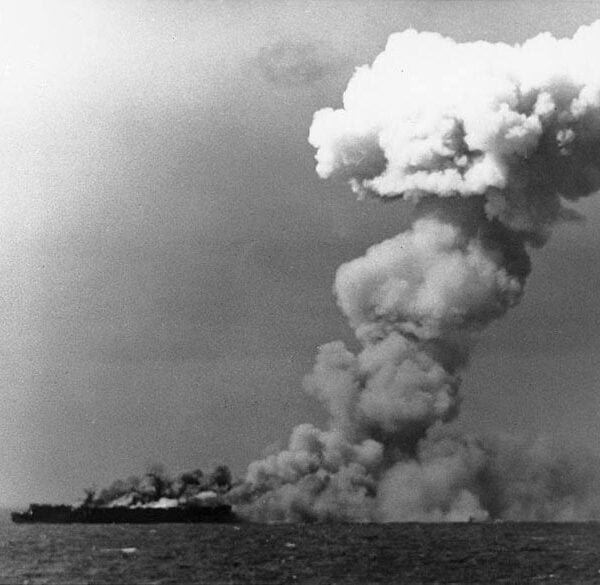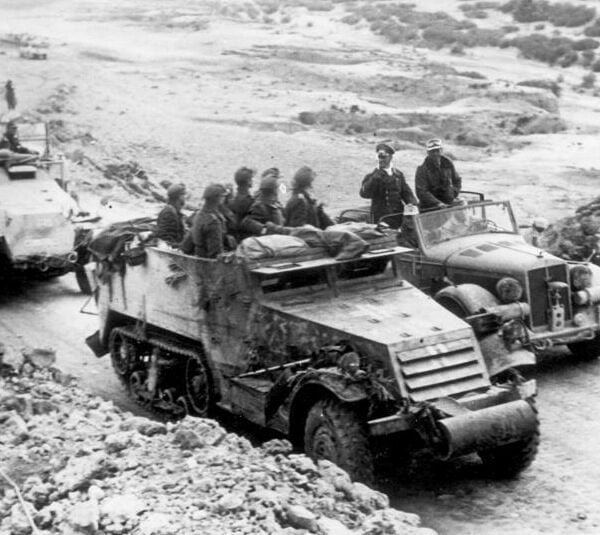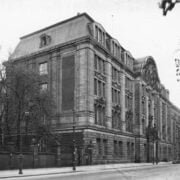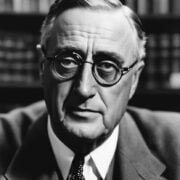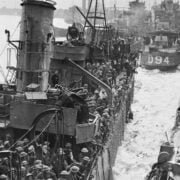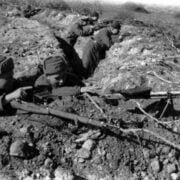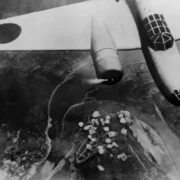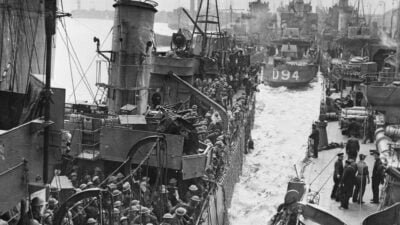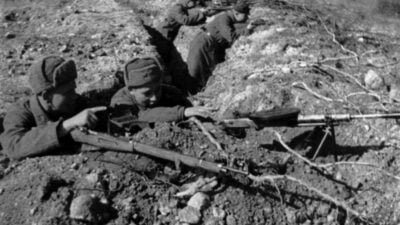The Yalta Conference, held in February 1945, marks a pivotal chapter in contemporary history. World leaders like Franklin D. Roosevelt, Winston Churchill, and Josef Stalin gathered in Crimea to discuss the post-war period and redefine the geopolitical map. This meeting, taking place during World War II, shaped the course of subsequent events, with significant impacts on global politics.
Also check out: A Heroic Resistance of Belgium in World War I
World Scenario in 1945
To fully understand the importance of the 1945 Conference, delving into the complex preludes of World War II is essential. The 1930s saw the rise of totalitarian regimes in Europe, such as Nazism in Germany and Fascism in Italy. These regimes, characterized by expansionist policies and authoritarianism, eventually triggered a global conflict of devastating proportions.
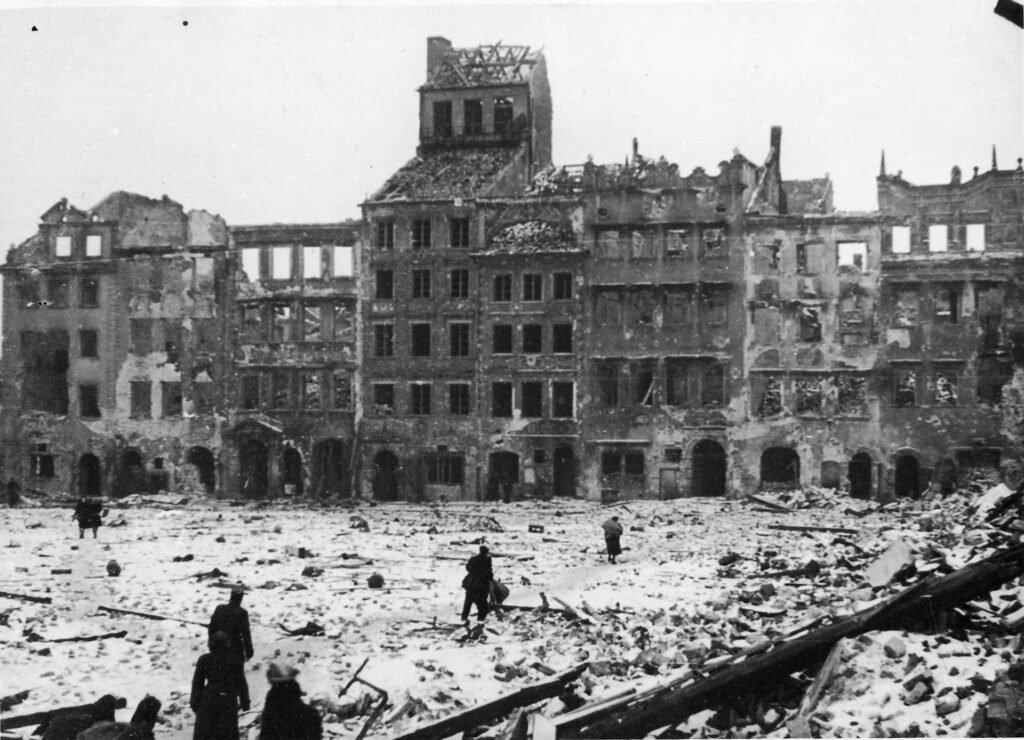

The lead-up to the global conflict
Alliances among nations played a crucial role in the unfolding of the Second World War. The Axis powers, led by Adolf Hitler, sought to expand their dominance, facing resistance from the Allied nations, including the United States, the United Kingdom, the Soviet Union, and others. Conflicts unfolded across various theaters, from Europe to the Pacific, creating a complex web of interconnected events.
Devastation and Transformation
The landscape in 1945 was bleak and marked by devastation. Cities were reduced to rubble, populations suffered unimaginable horrors, and the global economy was in shambles. The social, economic, and political impact of the war left a void that called for answers, and the Conference emerged as a crucial forum to shape the future of these battered nations.
The impending victory of the Allies brought a mix of hope and uncertainty. While the defeat of the Axis forces was imminent, questions about what would happen after the conflict loomed. World leaders, aware of the need for a unified approach to reconstruction, began to outline the post-war framework.
The Decisive Role of the Allied Powers
In this context, the Allied powers played a crucial role. The United States, led by President Franklin D. Roosevelt, British Prime Minister Winston Churchill, and Soviet leader Josef Stalin, recognized the urgency of establishing clear guidelines for global reconstruction. The Conference became a milestone where these powers charted strategies for a post-conflict world.
However, the perspectives on how this new world should be shaped were not always aligned. Ideological differences and divergent national interests created fertile ground for complex negotiations and sometimes conflicts of interest. The global landscape in 1945 reflected a crossroads, where the Allied powers faced the challenge of reconciling diverse visions to ensure global stability.
Divisions and Agreements: The Yalta Conference and Its Key Points
At the heart of the Conference was the question of defeated Germany. The Allied leaders agreed to divide the country into occupation zones, assigning areas of control to the United States, the United Kingdom, France, and the Soviet Union. This seemingly practical measure became a turning point, laying the groundwork for the ensuing Cold War.
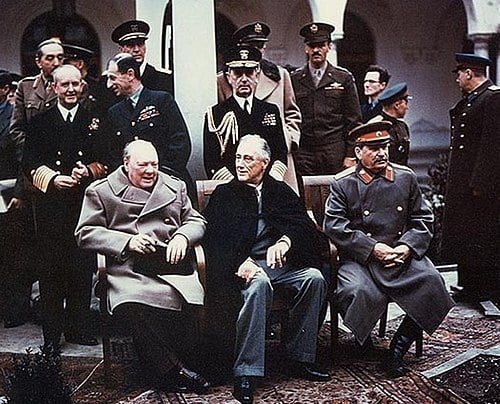

The Occupation Zones and the Restructuring of Germany Discussed at the Yalta Conference
The issue of Poland emerged as a point of tension at Yalta. Although it was agreed that Poland would hold free elections, Soviet influence in the region was inevitable. The commitment to ensure Polish sovereignty faced challenges amid the growing Soviet influence, triggering geopolitical tensions that would last for decades.
Commitments in the Pacific War: A Unified Front
One of the less discussed but no less significant agreements was the Soviet commitment to enter the Pacific War against Japan. This strategic agreement had profound implications on the dynamics of the Asia-Pacific, contributing to the outcome of the Second World War. The unity of the Allied powers against Japan established a united front, marking a crucial point in military history.
Beyond borders and territorial issues, Yalta witnessed the establishment of the United Nations (UN). This institution was born from the recognition of the need for an international entity to maintain peace and prevent future conflicts. The establishment of organizations like the International Monetary Fund (IMF) and the International Bank for Reconstruction and Development (IBRD) reflected the commitment of the Allied powers to global economic stability.
Reflections on Future Implications at the Yalta Conference
The agreements and divisions established at Yalta laid the foundation for a new balance of power in the post-war era. While some celebrated the international cooperation evidenced in the creation of the UN, others viewed with concern the growing Soviet influence in Eastern Europe. The choices made there not only shaped the present but also cast shadows over future decades, influencing international relations and the geopolitical landscape in unexpected ways.
Examining the outlined agreements, it is crucial to consider not only the immediate intentions but also the long-term ramifications. The enduring legacy of the Conference resonates in modern history, leaving a profound impact on international relations and geopolitical configuration. The choices made during this meeting shaped the course of history and continue to influence the global dynamics to this day.
Post-War and the German Partition
After the devastating conflict of the War, Germany emerged as a shattered nation, with its cities in ruins and its population facing monumental challenges. The post-war period was characterized by the urgency of reconstruction, and it was in this context that the issue of the German partition became central in the discussions at Yalta.
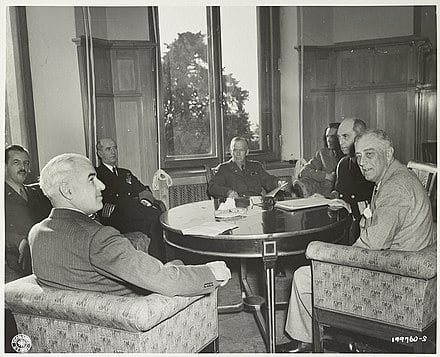

Reconstruction Under the Shadow of Destruction
The Conference established guidelines for the occupation and administration of defeated Germany. The country was divided into four occupation zones controlled by the Allied powers: the United States, the United Kingdom, France, and the Soviet Union. This division reflected not only a logistical strategy but also the increasing ideological divisions among the Allies.
Emerging Tensions and the Onset of the Cold War
The German partition became a microcosm of growing tensions among the Allies. While the western zones reflected democratic and capitalist influence, the Soviet zone in the East demonstrated a leaning towards socialism. These ideological differences sowed the seeds for what would become known as the Cold War, a geopolitical struggle that shaped decades of international relations.
Berlin, situated in the heart of the Soviet occupation zone, became a symbolic epicenter of the German division. The famous Berlin Wall, erected in 1961, physically materialized the ideological and political tensions between the East and West. Berlin’s fate became a focal point in the global competition between superpowers, representing a watershed in world geopolitics.
Socioeconomic Impacts in Germany
Beyond the political implications, the German partition had profound socioeconomic changes. Differences in governance systems and economic policies shaped the everyday realities of German citizens. Disparities in economic development between the Western and Eastern regions persisted for decades, creating a unique dynamic in the later unified Germany.
The fall of the Berlin Wall in 1989 symbolized not only the reunification of Germany but also the collapse of ideological barriers that divided the world for almost four decades. German unification, while celebrated as an achievement, brought significant challenges, from economic integration to reconciling deep cultural differences between the former occupation zones.
Poland and Its Global Implications at the Yalta Conference
The Yalta Conference saw an apparent commitment to holding free elections in Poland to ensure its sovereignty. However, the increasing Soviet influence in the region raised questions about the country’s real autonomy. This delicate balance between diplomatic commitments and geopolitical actions shaped Poland’s dynamics in the post-war era.
Commitments and Contradictions in Polish Sovereignty at the Yalta Conference
Poland, located in a strategic position in Eastern Europe, became a testing ground for post-war power relations. Soviet influence in the region, evident at Yalta, reverberated into neighboring nations, inaugurating an era of Soviet dominance over the Eastern bloc countries. Poland thus played a crucial role as a focal point of regional dynamics.
Tensions and Lasting Consequences
Poland’s approach in Yalta reflected underlying tensions among the Allied powers. While commitments were made to preserve Polish sovereignty, the post-war reality told a different story. The growing Soviet influence in the country had lasting consequences, not only for the country itself but also for the geopolitical configuration of Eastern Europe in the following decades.
Poland, due to its unique position in the conference, played a significant role in the ensuing Cold War. The country became a point of ideological and political conflict between superpowers, reflecting the division of the world into opposing blocs. The Polish legacy in the Cold War resonates to this day, influencing regional relations and the nation’s historical memory.
Soviet Inclusion in the Pacific War
The Soviet decision to enter the Pacific War was largely a response to Allied pressure. With Japanese forces fiercely resisting, the Soviet Union’s entry promised a united front, increasing the chances of a swift Japanese defeat. This strategic commitment was a tangible demonstration of cooperation among the Allies, consolidating a global alliance against Axis powers.
Strategic Alliance Against Japan
Soviet inclusion in the Pacific drastically altered tactical dynamics in the region. Soviet forces launched an offensive against Japanese troops in Manchuria, diverting resources and attention from Japan. This action not only hastened the conclusion of the war but also influenced post-war Asia, shaping relations among victorious powers.
Diplomatic Repercussions and the Potsdam Conference
The Soviet Union’s entry into the Pacific War had substantial diplomatic implications. The Soviet commitment influenced negotiations at the Potsdam Conference, which took place after the German surrender. Relations among the Allies, especially between the United States and the Soviet Union, began showing signs of tension, signaling the onset of the Cold War.
Soviet participation in the Pacific directly contributed to the swift conclusion of the conflict. With the Japanese surrender in September 1945, the Soviet Union played a significant role in the outcome of World War II. This military contribution shaped not only the Asia-Pacific scenario but also had lasting effects on international relations.
The Foundation of the UN and Other International Organizations
The UN emerged as a beacon of hope amidst the ruins of the Second World War. Leaders at Yalta realized the importance of an entity that served as a forum for the peaceful resolution of conflicts, promoting diplomacy and cooperation. The UN Charter, drafted during the San Francisco Conference in 1945, became the founding document that outlined the organization’s principles and objectives.
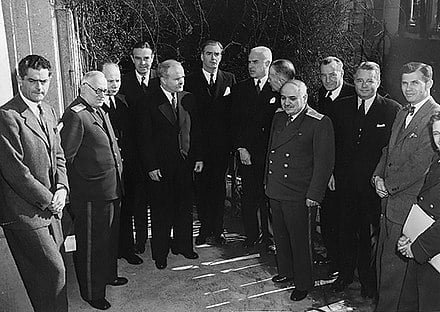

A Commitment to Global Peace
The Security Council, with its permanent members and veto power, was designed to be the guardian of world peace. This body, with the authority to impose sanctions and even authorize the use of force in the name of international security, became a central pillar of the global structure. Thus, Yalta not only gave birth but also laid the groundwork for a mechanism that could effectively respond to global crises.
Economic Stability in Focus at the Yalta Conference
Beyond the UN, the Conference also witnessed the inception of international financial organizations. The International Monetary Fund (IMF) and the International Bank for Reconstruction and Development (IBRD) were established to promote global economic stability and aid in the reconstruction of war-torn countries. These institutions played a crucial role in post-war economic recovery and in preventing global financial crises.
Another noteworthy creation from Yalta was the United Nations Educational, Scientific, and Cultural Organization (UNESCO). This agency was designed to foster international collaboration in areas such as education, science, and culture, recognizing the importance of these elements in building peaceful and prosperous societies.
Legacy of the Yalta Conference and Final Reflections
The division of Germany, the Polish question, and the German partition became seeds planted there that sprouted into war. Tension between the allied powers and the rise of two opposing ideological blocs marked a period of geopolitical confrontation that influenced decades of world history. Yalta thus became a crucial milestone in the transition from the post-war world to the bipolarity characteristic of the time.”
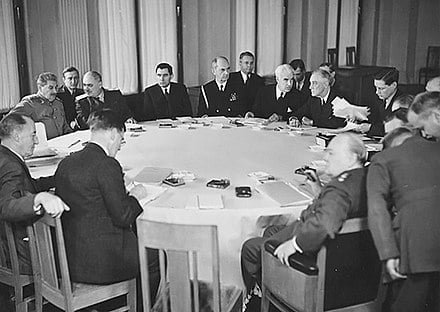

The Yalta Conference as a Turning Point in the Cold War
The commitment to hold free elections in Poland, although a cornerstone there, was met with the growing Soviet influence in Eastern Europe. This challenge to the sovereignty and self-determination of countries was an ambiguous legacy of the conference because, while aiming to establish democratic principles, the post-war reality in Eastern Europe told a different story, with communist regimes dominating the region.
Germany as a Ground for Tensions and Changes
Its division into occupation zones reflected the escalating tensions among the allied powers. Its fate became an ideological battleground, and the German partition symbolized not only political divergences but also profound transformations in the global geopolitical landscape. The German reunification in 1990, although officially ending the division, left historical scars that continue to influence international relations.
The establishment of the UN and other international organizations at Yalta set a legacy of global cooperation to prevent future conflicts. These institutions, designed to promote peace, economic stability, and collaboration in various areas, represent a joint effort to overcome the hostilities of war. The conference’s legacy in the formation of these institutions is a testament to the recognition of the need for multilateral approaches to global challenges.
